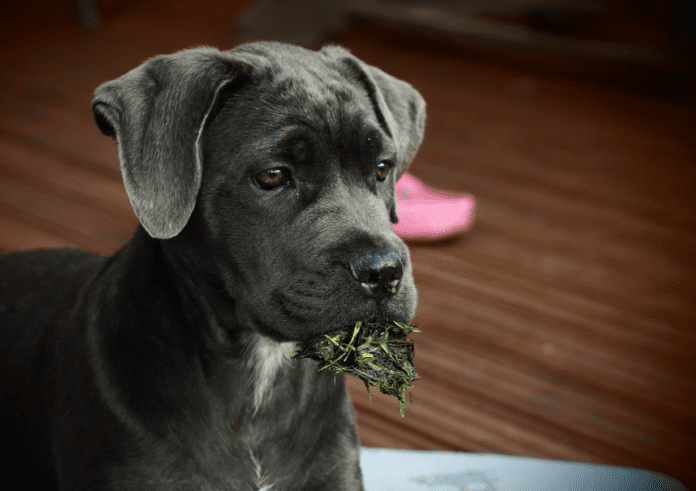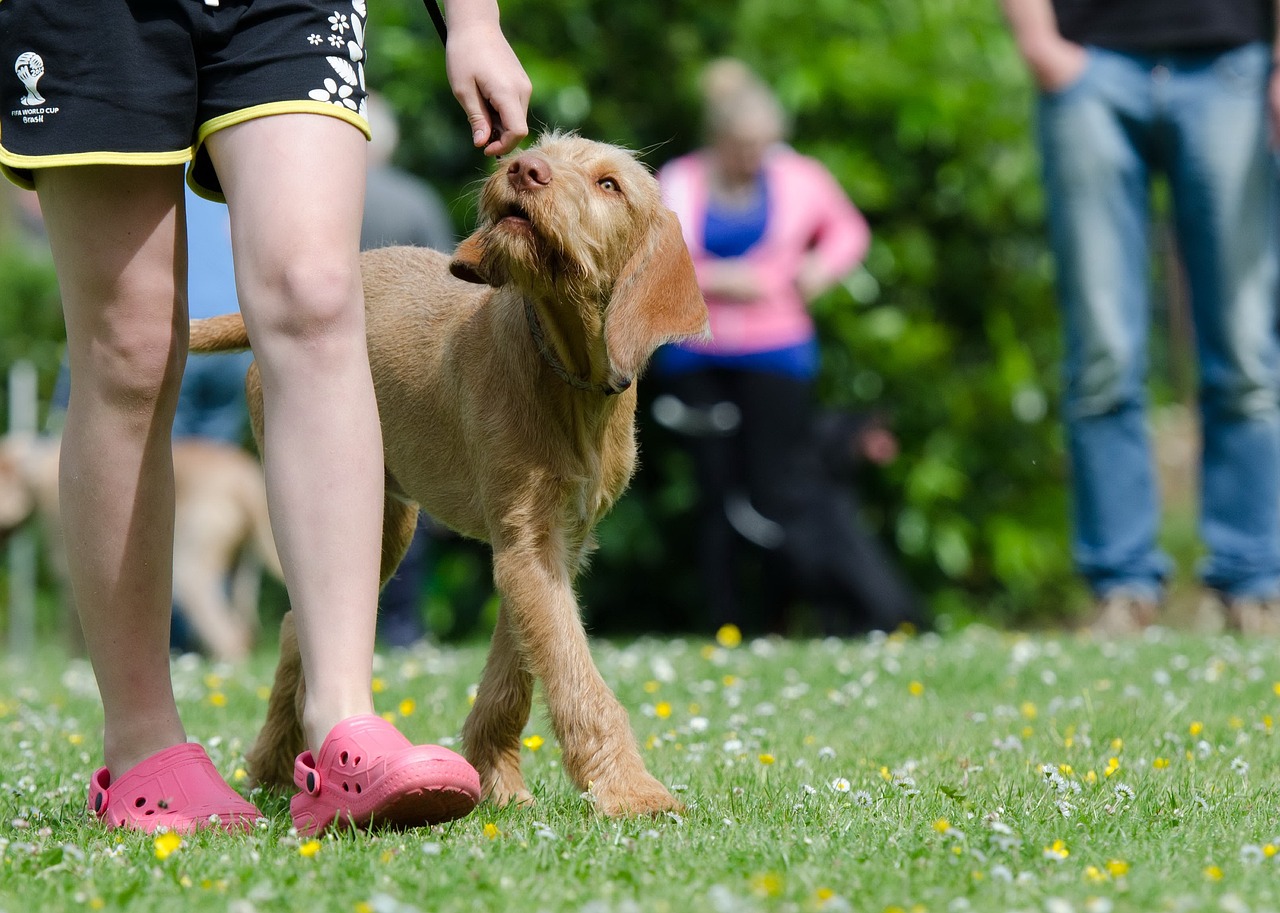Last Updated on June 3, 2023 by Dogs Vets
Are Cane Corso Puppies Hard to Train?
Cane Corso puppies are known for their majestic appearance, loyalty, and protective nature. As potential owners consider adding a Cane Corso puppy to their family, a common question arises: Are Cane Corso puppies hard to train?
In this blog post, we’ll explore the characteristics of Cane Corso puppies, provide insights into their trainability, discuss the importance of proper maintenance, and delve into their growth rate.
Understanding their temperament, implementing effective training techniques, addressing specific needs, and being aware of their growth patterns will contribute to a successful and fulfilling relationship with your Cane Corso puppy.
Understanding Cane Corso Puppies:
Cane Corso puppies have an intelligent, confident, and independent temperament.
They possess a natural guarding instinct and are known for their loyalty and protective nature. It’s important to be aware of their energy levels, which range from moderate to high, requiring regular exercise and mental stimulation to channel their energy in positive ways. Additionally,
proper socialization from an early age is crucial to help them become well-rounded and socially adept dogs.
Training Cane Corso Puppies:
To successfully train your Cane Corso puppy, it’s recommended to start early and take advantage of their intelligence and willingness to please. Positive reinforcement techniques, such as treats, praise, and play, can be used to motivate and reward desired behaviors.
Consistency in training, clear expectations, and a patient approach are key to avoiding confusion and ensuring effective learning. Prioritizing socialization training and gradually exposing your Cane Corso puppy to different people, animals, and environments will help foster confidence and appropriate behavior.
Enrolling them in puppy classes or obedience training programs can provide structured training and address specific behavioral needs. Establishing yourself as the pack leader through consistent rules and boundaries is also important for a Cane Corso puppy’s development.
Finally, engaging their minds with mental stimulation, such as puzzle toys, interactive games, and training sessions, will help prevent boredom and destructive behavior.
Maintenance of Cane Corso Puppies:
Proper maintenance is essential for the well-being of your Cane Corso puppy. While they have short, dense coats that require minimal grooming, regular brushing helps keep their coat healthy and removes loose hair.
Providing regular exercise, such as daily walks, playtime, and mental stimulation, is crucial to help them release energy and stay fit.
Consult with your veterinarian to determine the best diet and feeding schedule for your Cane Corso puppy, ensuring they receive a high-quality, balanced diet appropriate for their age and activity level.
Regular veterinary care, including check-ups and vaccinations, is necessary to maintain their overall health and prevent potential health issues.
Remember that training is an ongoing process, so continue reinforcing good behavior and providing mental stimulation through advanced training, agility exercises, or interactive games.
Cane Corso Puppies’ Growth Rate:
Cane Corso puppies experience a relatively rapid growth rate during their early stages of life. From birth to around six months, they undergo significant physical development, including bone and muscle growth.
During this period, it’s important to provide them with proper nutrition to support their growth. Feed them a high-quality puppy food specifically formulated for large breed puppies to ensure they receive the necessary nutrients for healthy development.
However, it’s essential to avoid overfeeding to prevent excessive weight gain, as rapid growth can sometimes lead to orthopedic issues in large breeds.
Around six months of age, Cane Corso puppies enter a phase where their growth rate starts to slow down. They continue to mature physically and mentally, but at a more gradual pace. It’s
crucial to monitor their weight and adjust their diet accordingly to prevent obesity and maintain a healthy body condition.
Conclusion:
Cane Corso puppies can be successfully trained with proper techniques, consistency, and positive reinforcement.
By understanding their temperament, providing early socialization, implementing regular training sessions, and addressing their specific needs, you can shape them into well-mannered and obedient companions.
Additionally, maintaining their physical and mental well-being through proper grooming, exercise, diet, and veterinary care is vital for their overall health.
Being aware of their growth rate and providing appropriate nutrition during their early stages is crucial to ensure healthy development.
With patience, understanding, and a commitment to their care and training, you can enjoy a harmonious and fulfilling relationship with your Cane Corso puppy.
If this article has piqued your interest in making a Cane Corso puppy an official member of your family. Be sure to research other aspects about them such as Cane Corso puppy prices ranges.
**Disclaimer:**
This blog post is for informational purposes only and should not replace professional advice from a certified dog trainer, veterinarian, or behaviorist.
If you encounter specific challenges with training or maintaining your Cane Corso puppy, consult with professionals to address individual needs and ensure a successful journey with your pet.
Fact Check
We hope you enjoyed reading this article. What are your thoughts on the topic?
“At [Dogsvets.com], our goal is to bring you the most accurate and up-to-date information on all things pet-related.
If you have any additional insights or would like to advertise with us, don’t hesitate to get in touch.
If you notice any errors or discrepancies in our content, please let us know so we can correct them.
We welcome your feedback and encourage you to share this article with others.”

















